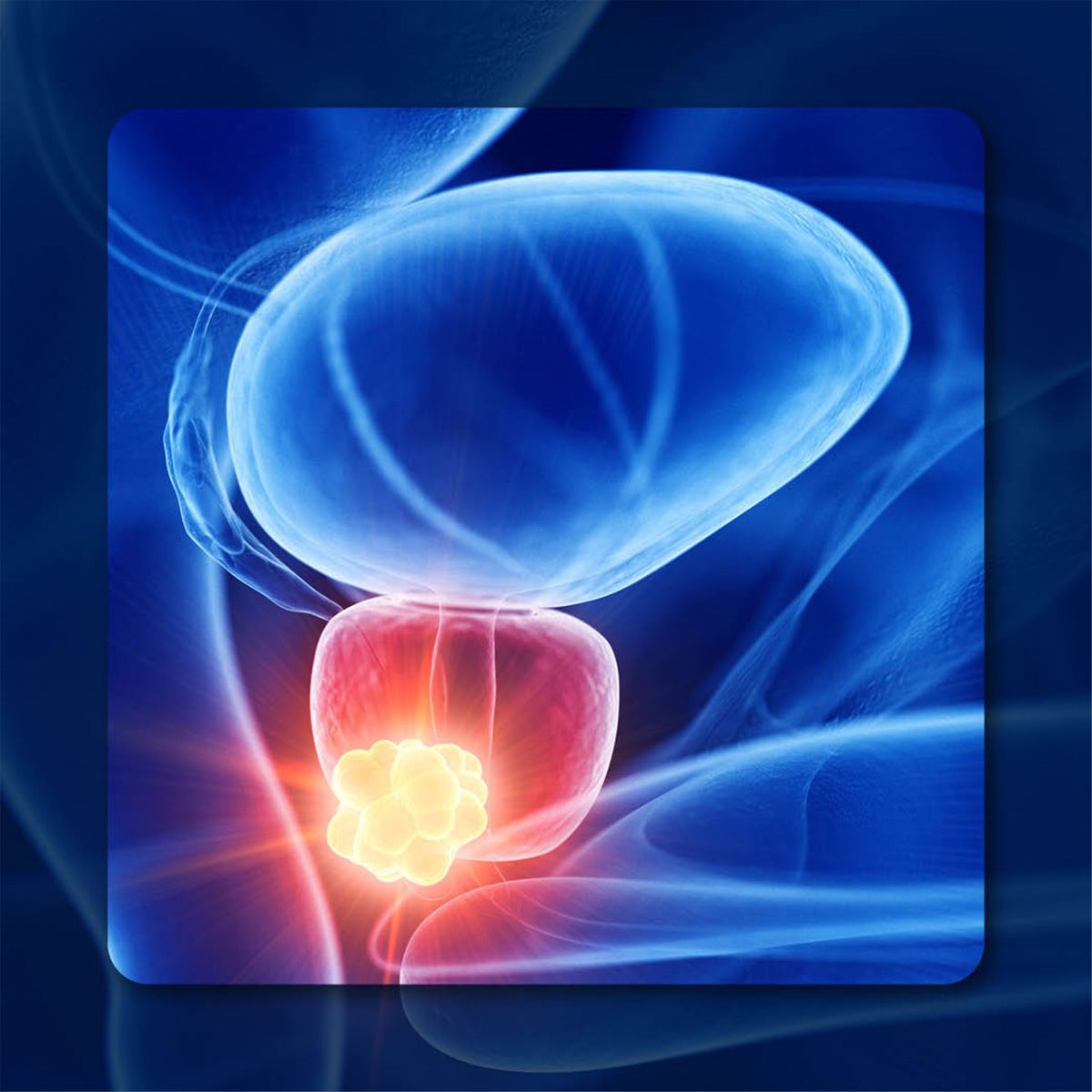Video
Dr. Galsky on Updated Findings From the CheckMate-274 Trial in Urothelial Cancer
Author(s):
Matthew Galsky, MD, discusses the key findings from extended follow-up of the phase 3 CheckMate-274 trial in urothelial cancer.
Matthew Galsky, MD, professor of medicine, hematology and medical oncology, professor of urology, director of Genitourinary Medical Oncology, codirector, the Center of Excellence for Bladder Cancer, and associate director, Translational Research at The Tisch Cancer Institute, Mount Sinai, discusses the key findings from extended follow-up of the phase 3 CheckMate-274 trial (NCT02632409) in urothelial cancer.
The CheckMate-274 trial was designed to evaluate the use of adjuvant nivolumab (Opdivo) vs placebo in patients with high-risk, muscle-invasive urothelial cancer. Initial results from the trial at 5.9 months minimum follow-up showed that the use of adjuvant nivolumab significantly improved disease-free survival (DFS) vs placebo in patients with high-risk muscle-invasive bladder cancer. These data led to the FDA approval of nivolumab in this population.
An extended follow up of the study at 31.6 months was conducted, and updated results were presented at the 2023 Genitourinary Cancers Symposium, Galsky begins. The trial assessed the primary end point of DFS, as well as secondary end point, non–urothelial tract recurrence-free survival (RFS). Exploratory end points included distant metastasis-free survival. Notably, the updated analysis included data on progression-free survival 2 (PFS2), which was measured from the time of randomization to the time of progression on next-line therapy, Galsky says. An example of this would be a patient who was randomized to placebo, developed recurrent disease, and progressed on treatment with their subsequent immune checkpoint inhibitor (ICI), he explains.
These end points were also evaluated in a subset of patients with tumor PD-L1 expression greater than or equal to 1%, Galsky continues. Results showed that the use of adjuvant nivolumab increased patient benefit across all survival metrics. No new safety signals were observed with the regimen, he notes.
These results support the use of adjuvant ICI blockade as a standard of care in urothelial cancer and open several avenues for continued investigation, Galsky says.
Planned next steps for CheckMate-274 include translational research regarding the relationship between tumor microenvironments and patient response to ICI blockade in the adjuvant setting, Galsky says. Moreover, survival data from the study are still emerging.
Other research efforts beyond CheckMate-274 aim to refine the use of adjuvant ICI blockade by assessing circulating tumor DNA (ctDNA) levels, he details. Knowledge of ctDNA levels could improve the identification of patient subgroups that may benefit from this approach after surgery, Galsky concludes.
Editor’s Note: Dr. Galsky reports serving as a consultant or in an advisory role for Aileron Therapeutics, Astellas Pharma, AstraZeneca, Basilea, BioMotiv, Bristol Myers Squibb, Dendreon, Dracen, Dragonfly Therapeutics, EMD Serono, Genentech, Gilead Sciences, GlaxoSmithKline, Incyte, Infinity Pharmaceuticals, Inovio Pharmaceuticals, Janssen, Lilly, Merck, Novartis, NuMab, Pfizer, Seattle Genetics, Silverback Therapeutics, Urogen pharma; he reports receiving research funding from AstraZeneca, Bristol-Myers Squibb, Dendreon, Genentech/Roche, Janssen Oncology, Merck, and Novartis; he has ownership interests in Rappta Therapeutics.







%20u.jpg?fit=crop&auto=format)
